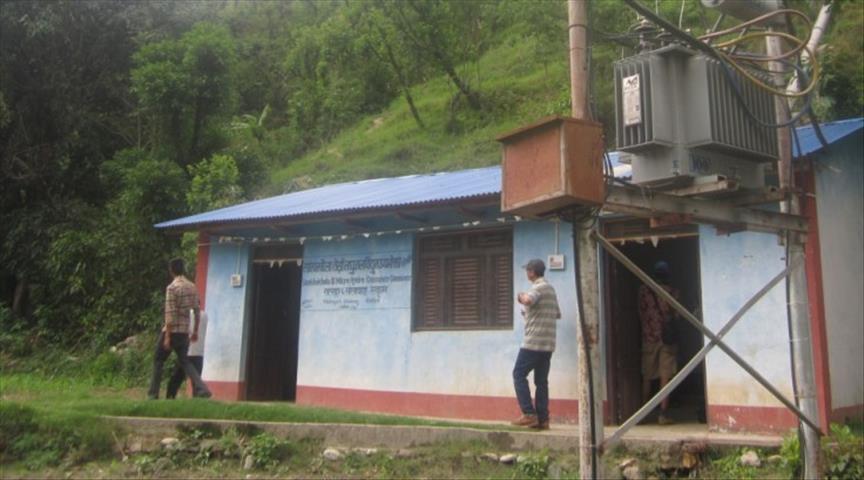In a bid to supply uninterrupted power to its people, Nepal’s state-run electricity utility has urged customers not to use electrical appliances that are energy intensive.
Publishing a notice in national dailies last week, Nepal Electricity Authority (NEA) requested consumers not to use washing machines, water pumps, irons and geysers early in the mornings or in the evenings until 8.30 pm local time.
It also urged pedestrians to turn off street lights during the day. These measures were introduced following the end of rolling power outages that have become a mainstay in the energy-starved country.
In the winter months between January and March, Nepalis face power outages which last up to 16 hours a day.
But this year during Deepavali -- the annual Hindu festival of light -- people of Kathmandu had non-stop supply of power. Since then, power supply has continued round the clock.
The NEA officials have attributed the end of power outages to improved management of supply, decreases in power theft and increased water levels on the river following the end of the monsoon season.
The NEA has announced that it would issue rewards for providing information on power theft. The utility has also prohibited industries from using electricity during peak hours.
During the winter months, Nepal produces only half of its installed capacity of 800 megawatts (MW) of hydroelectricity due to the decrease in water levels in Himalayan rivers.
“If people become more energy-efficient, they will not have to face power cuts,” Brajbhushan Chaudhary, director of the NEA, told Republica newspaper in Kathmandu.
Nepal’s electricity demand for peak hours is 1,300 MW, but the country that can generate an estimated 83,000 MW of hydropower from its 6,000 rivers and streams, failed to harness its hydropower potential.
Basudev Katwal, a 30-year-old electrician in Kathmandu, welcomed the new measures, saying it has spiked his business.
“Ever since the load shedding ended, my workload has increased two-fold. Earlier, I couldn’t work throughout the day because there were power cuts. I could only work at most in two houses repairing or wiring, but now I cover as many as four,” the father of two told Anadolu Agency
By Deepak Adhikari in Kathmandu, Nepal
Anadolu Agency
enerji@aa.com.tr


